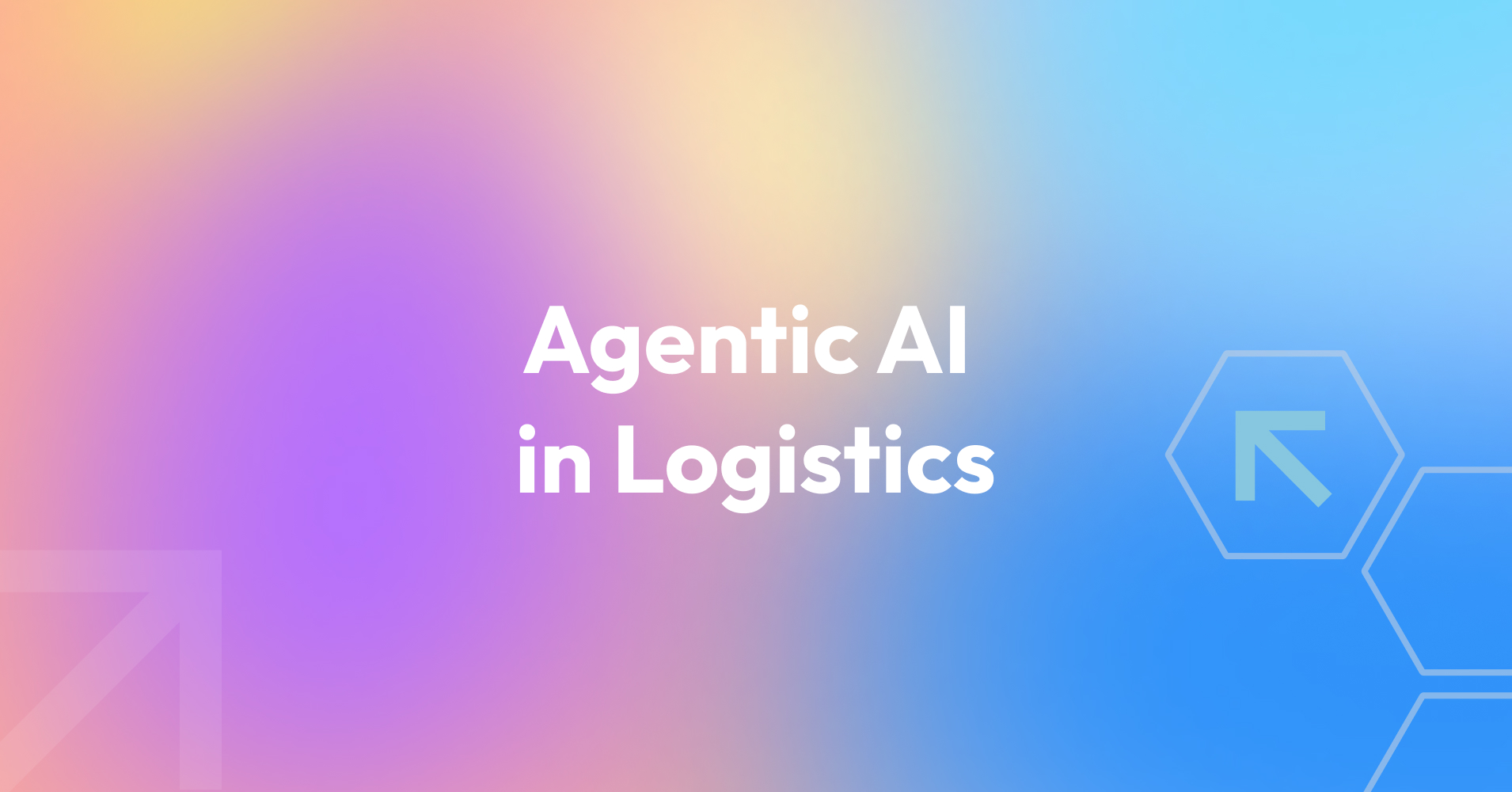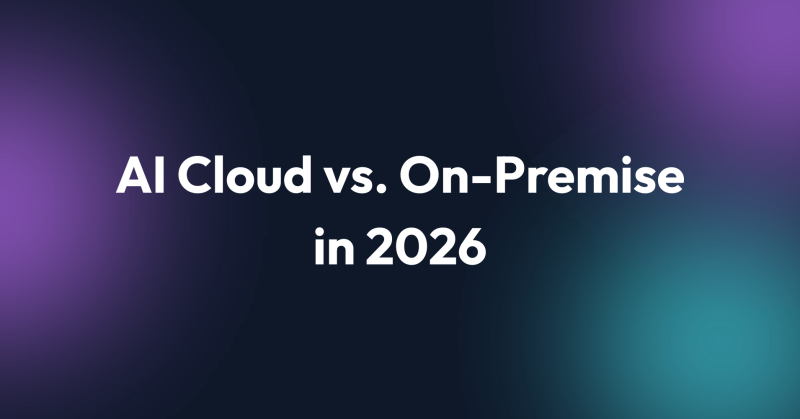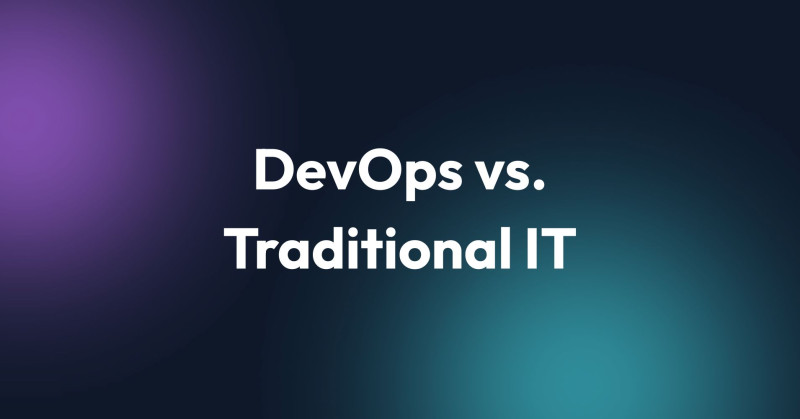
Logistics is evolving from spreadsheets and static workflows to real-time intelligence. Agentic AI represents the next leap forward, turning reactive systems into proactive ones. It’s not just automation — it’s autonomy with foresight.
What Is Agentic AI and Why Does It Matter in Logistics?
Agentic AI consists of autonomous agents that make decisions, communicate with each other, and respond to changing conditions in real time. Unlike static algorithms, Agentic AI adapts to new data, predicts disruptions, and optimizes entire logistics workflows. In practice, this means cost savings, faster deliveries, and reduced risk of operational errors.
Top Use Cases of Agentic AI in Logistics
-
UPS implemented the ORION system, optimizing delivery routes and saving 100 million miles annually—translating into over $300 million in cost reductions.
-
Uber Freight uses Agentic AI to cut empty truck miles by 10–15%, improving resource utilization and customer service speed.
-
Amazon deploys AI-powered warehouse robots to forecast demand and optimize supply chains in real time.
Business Benefits of Deploying Agentic AI in Logistics
-
Increased Efficiency: Operational efficiency can improve by 20–30% with Agentic AI.
-
Cost Reduction: Route and inventory optimization can yield hundreds of millions in annual savings.
-
Better Customer Experience: AI-driven automation reduces customer service response time from minutes to seconds.
-
Lower CO₂ Emissions: UPS reduced over 100,000 tons of CO₂ annually through AI-enhanced routing.
How to Get Started with Agentic AI in Your Logistics Company
Logistics leaders should identify processes with high automation potential: route planning, inventory management, customer support, and ERP/WMS integration. With the rise of No-Code AI tools and cloud-based agents, implementation is now faster and more accessible than ever.
FAQ: Agentic AI in Logistics
1. How is Agentic AI different from traditional AI?
Agentic AI consists of independent agents that collaborate and adapt on the fly. Traditional AI usually involves single, rule-based models trained on static data.
2. What ROI can logistics firms expect from Agentic AI?
Implementations like UPS show savings in the hundreds of millions. Average ROI ranges from 15–30% within the first 12 months.
3. Does Agentic AI require large IT investments?
Not necessarily. Many vendors now offer cloud-based components and No-Code tools for rapid prototyping and deployment.
4. Which logistics processes are most suitable for automation with AI?
Route planning, inventory forecasting, customer service, shipment tracking, and ERP/telemetry integration are prime candidates.
Agentic AI in Logistics
The numbers don’t lie: Agentic AI delivers measurable returns. Whether it’s millions in fuel savings, faster customer response times, or reduced emissions — it pays to invest. Start with one process and scale intelligently.
Agentic AI enables you to do more with less — fewer delays, fewer errors, and fewer costs. But the real value lies in how it scales with your growth. For future-ready logistics, the time to start is now.





















